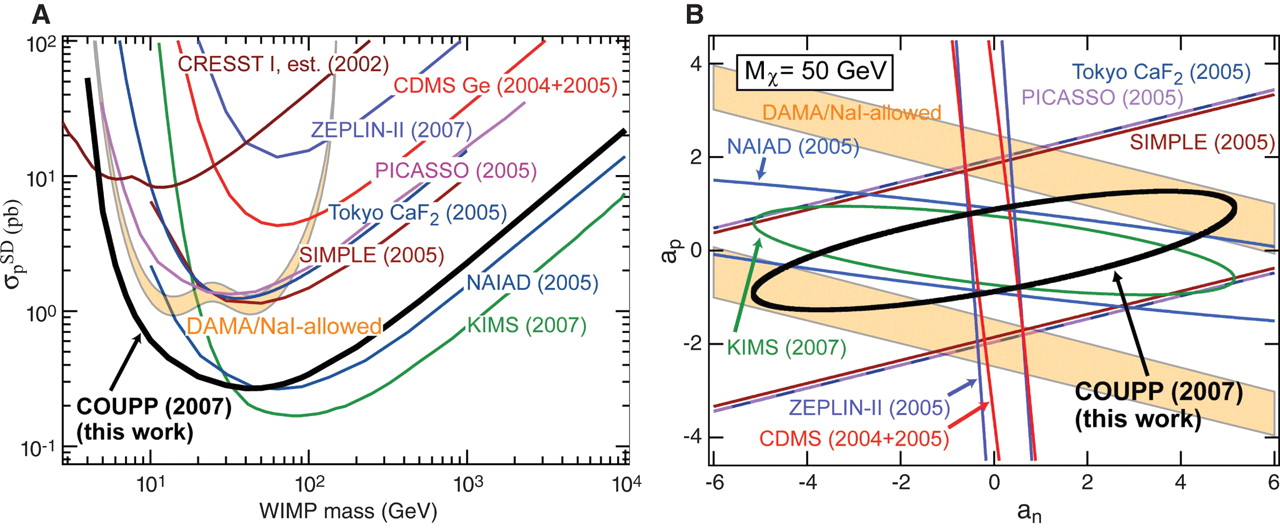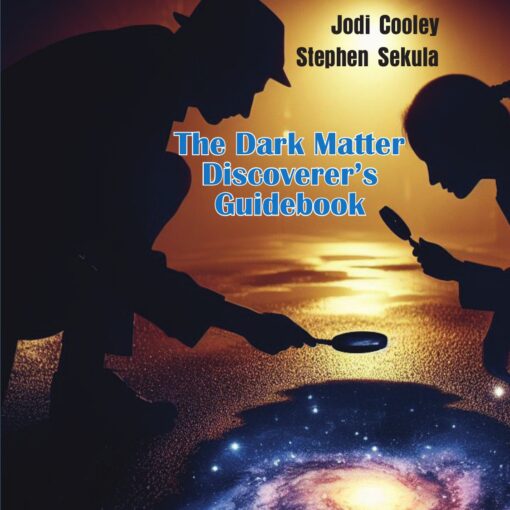Every experiment has setbacks. The BaBar/PEP-II B-factory, in its quest to collect the largest sample of B mesons on the planet, was stymied along the way by pernicious vacuum leaks which limited the amount of current we could put into the collider. This, in turn, limited the rate at which we could collide, throttling our production rate for B mesons. This problem occurred several years into the experiment, despite a nearly flawless startup of the factory under budget and on time in 1999.
This week, the LHC suffered its first setbacks. It was inevitable, now or later. A machine this big has to have some problems lying around. I take this as a sign that trouble now, fixed fast and right, will prevent serious interruptions later. I’d rather have startup problems than problems that cut off data-taking in the middle of a full-on, design energy collision run at high luminosity.
Besides the minor problem with a transformed, there has also allegedly been a leak of coolant in one of the superconducting segments, causing the ring to stop circulating protons until the problem is fixed. CNN [1] is reporting that this repair will delay things by two months.
It’s frustrating, but it’s also reality. We are spoiled, in the consumer world, by decades of debugging in the manufacturing of TVs, radios, appliances, computers, etc. How can we expect a one-of-a-kind, never-before-built supercollider to work perfectly, the first time? Manage expectations, people, and either pitch in to solve the problem or quit whining and go do something else to distract yourself.
Oh, and CNN: check your damn facts. The LHC is not an atom smasher. It’s a subatomic particle collider. And please stop blindly reporting on the false controversy over the startup of the collider, or if you’re going to do that please AT LEAST report that nature has been operating its own LHC on Earth for 4.5 billion years – actually, by now it’s run 400,000 of them, and that’s just on Earth [2]. We humans are running one in a much more controlled environment than nature ever did it, so we can actually see what happens.
[1] Large Hadron Collider Down for 2 Months (CNN)
[2] http://steve.cooleysekula.net/blog/2008/09/09/black-holes-and-peer-reviewed-revelations/



